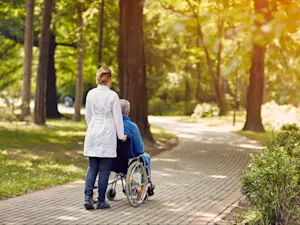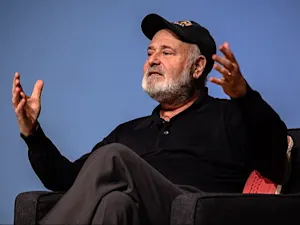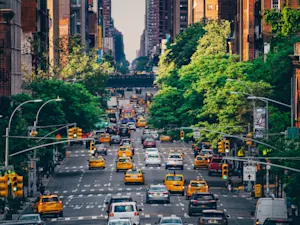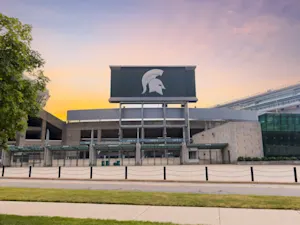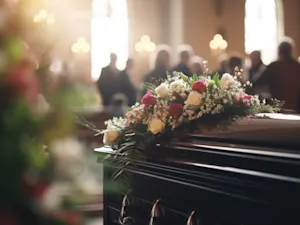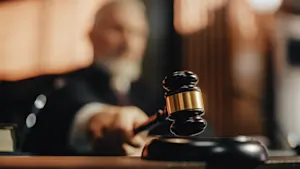
The Controversial Truth Behind Body Farms
Imagine a sprawling field dotted with human bodies in various stages of decomposition. It sounds like a scene from a horror movie, but it's a crucial setting for forensic science research. Known as body farms, these facilities are pivotal in helping scientists understand the decomposition process, aiding in criminal investigations, and advancing our knowledge of human biology. Despite their macabre nature, body farms are essential in educating students and professionals in forensic science and criminal justice.
What Is a Body Farm?
A body farm, more formally known as a human decomposition research facility, is a site where the process of human decay is studied in a controlled environment. The first body farm was established in 1987 by Dr. William Bass at the University of Tennessee. Since the creation of UT's Forensic Anthropology Center, similar facilities have been established across the United States and internationally.
The primary purpose of these facilities is to study how human bodies decompose under various conditions. This research is invaluable for forensic scientists, who use the data to estimate the time of death, identify factors affecting decomposition, and improve methods for locating and recovering bodies in criminal investigations.
How Do Body Farms Work?
Body farms typically operate on donated bodies, which are placed in different environments to simulate various conditions. Some bodies are left exposed to the elements, while others may be buried, submerged in water, or placed in enclosed spaces. Researchers monitor the decomposition process, noting changes in the body, the effects of insects, and environmental factors like temperature and humidity.
One of the key objectives of these facilities is to develop a timeline of decomposition stages. Forensic experts can then use this timeline to estimate the post-mortem interval (PMI) in real-world cases, providing crucial information in criminal investigations.
The bodies at these facilities are treated with respect, and donors are often individuals who wished to contribute to science after their death. The research conducted at body farms not only assists in solving crimes but also improves our understanding of human decomposition, which has applications in archaeology and disaster recovery.
Ethical Considerations
The concept of body farms raises several ethical questions, particularly concerning the treatment of the deceased. Consent is the cornerstone of ethical practices at body farms. Bodies are only used if they have been donated with explicit permission from the deceased or their next of kin. This ensures that the research respects the wishes of the deceased and their families.
Another crucial aspect is transparency. Body farms typically work closely with donors and their families, explaining how the bodies will be used and the importance of the research. This transparency helps build trust and maintain ethical standards.
The Impact of Body Farms on Forensic Science
The research conducted at body farms has had a profound impact on forensic science. For instance, understanding the decomposition rate in various conditions has revolutionized how forensic pathologists estimate the time of death, which can be critical in criminal investigations. Moreover, studying how different environments affect decomposition has helped in the search for missing persons, helping search teams to focus on the areas where remains are most likely to be found.
These facilities have also contributed to the development of forensic entomology, the study of insects associated with decomposing bodies. Insects like blowflies, often the first to colonize a body, can provide vital clues about the post-mortem interval and whether a body has been moved.
Body farms are an extraordinary, although unsettling, intersection of science and the human experience. While the idea of studying human decomposition might be uncomfortable, the contributions these facilities make to forensic science and criminal justice are invaluable for students and professionals alike. They offer a deeper understanding of death and decay, which in turn helps solve crimes, locate missing persons, and advance scientific knowledge.
References: Body farms: Learning from life after death | Down on the Body Farm: Unlocking the Forensic Secrets of Decaying Corpses | The Body Farm














